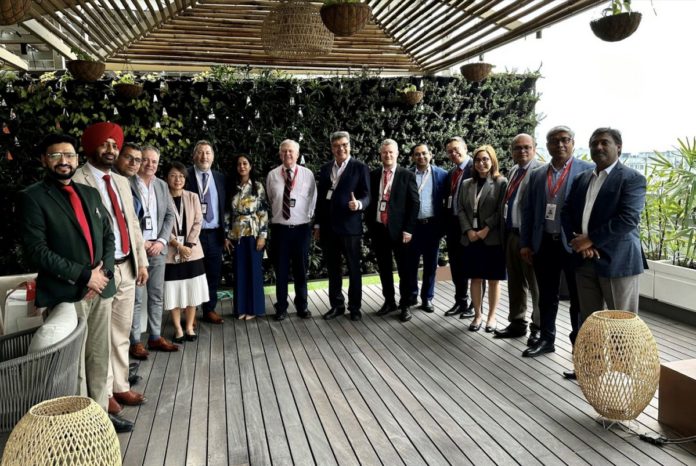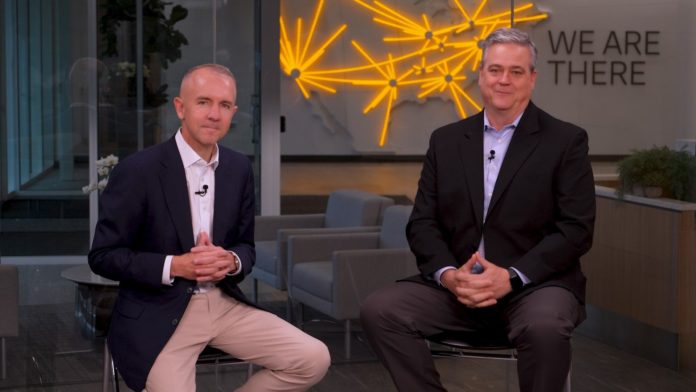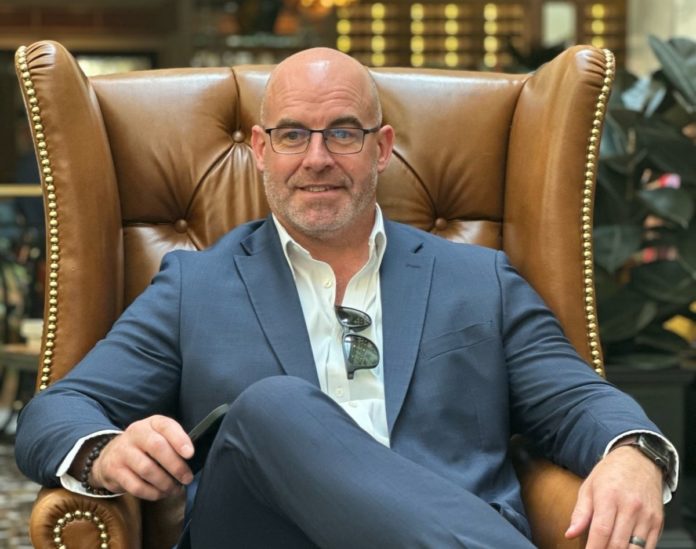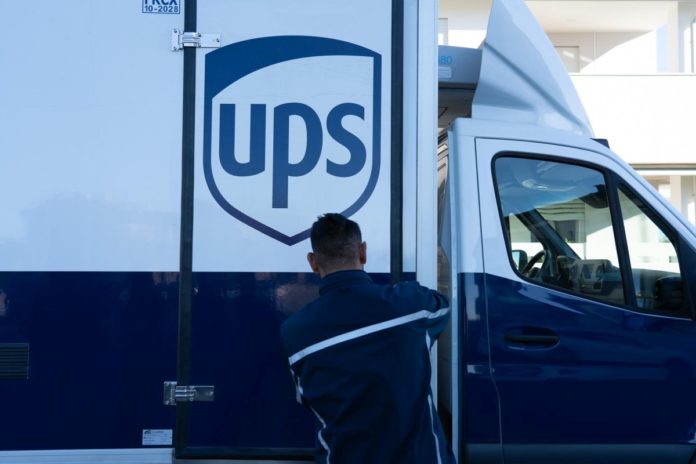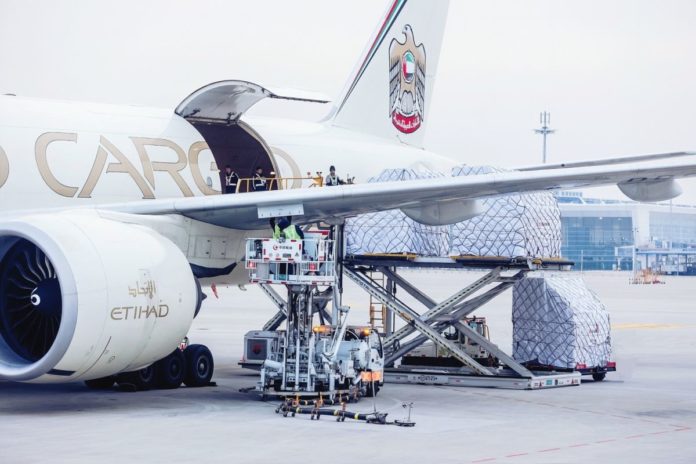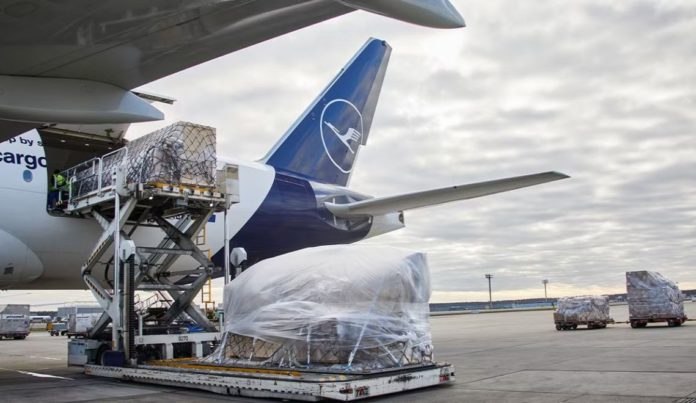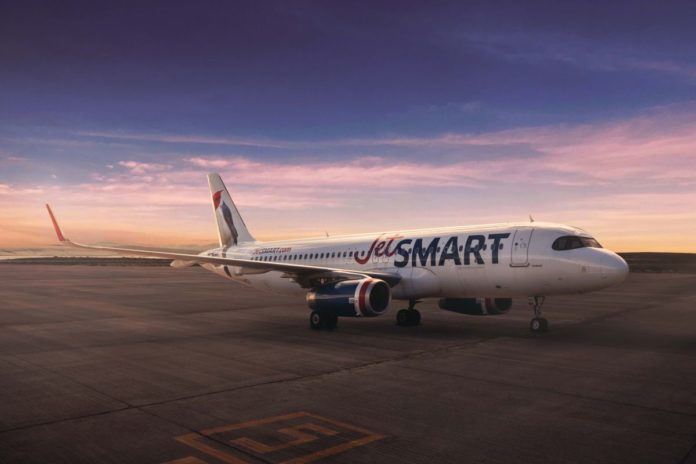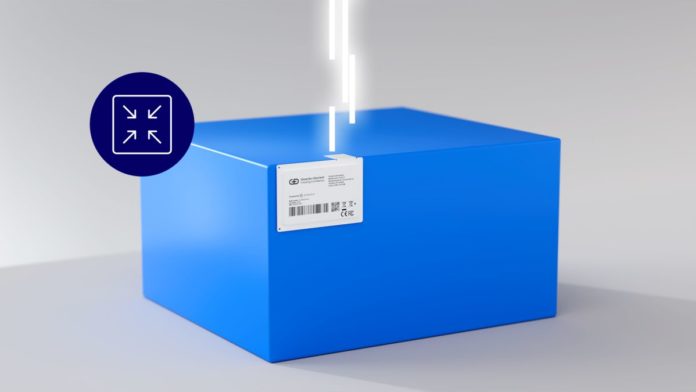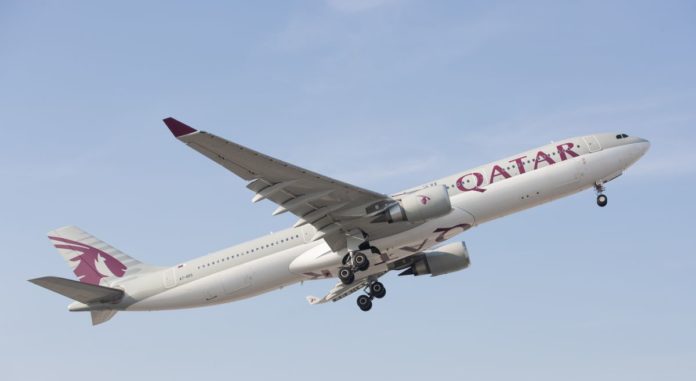Air India has awarded cargo and ground handling contracts to SATS Ltd (SATS) and its wholly-owned subsidiary Worldwide Flight Services (WFS) in Asia, Europe, the Middle East and North America. The airline renewed 11 contracts and awarded 14 new contracts after a global tendering process. The new cargo handling and ground handling stations include Chicago, Washington Dulles, London Heathrow, London Gatwick, Birmingham, Frankfurt, Milan, Kuala Lumpur and Hong Kong.
Inmar buy to make DHL biggest return logistics operator in North America
DHL Supply Chain will become the largest provider of reverse logistics in North America with its recently announced purchase of Inmar Supply Chain Solutions.
Some 800 associates and14 return centers will join the DHL Supply Chain business expanding the company’s North American footprint which currently stands at over 520 warehouses and 52,000 associates. DHL Supply Chain will also strengthen its returns capabilities to include product remarketing, recall management, and supply chain performance analytics. Inmar Intelligence will retain its pharmaceutical reverse distribution business.
DHL added that the acquisition of Inmar would also contribute to its decarbonization goals. It says that Inmar’s technology-driven reverse logistics solutions are recognized across the industry for reducing cost and eliminating the waste generated from returned consumer goods. Emphasis is placed on recommerce, which has prevented 99% of consumer returns from going into landfill.
Global chief executive of DHL Supply Chain, Oscar de Bok, said: “DHL Supply Chain’s market-leading logistics expertise and the addition of Inmar’s suite of returns services and its talented workforce will enable us to provide best-in-class logistics services to our industry customers. Together, we will create a returns business in North America that is unmatched in its depth, breadth, capabilities, and talent to fuel long-term growth.”
Chief executive of DHL Supply Chain, North America, Patrick Kelleher, (pictured right, with Spencer Baird, chief executive of Inmar Intelligence) added: “As companies strive to simplify their supply chain strategies and enhance their operational agility, DHL Supply Chain continues to innovate to provide comprehensive and integrated solutions. This acquisition strengthens our existing capabilities, allowing us to offer our customers a single-source solution for their entire supply chain, including the critical and complex area of returns management. This enhances the value we deliver to our customers by streamlining their operations, reducing complexity, and improving their overall supply chain efficiency.”
David King joins Airforwarders board
The Airforwarders Association (AfA) has elected Seko Logistics’ David O. King to its board of directors. He joins re-elected members Aaron Ambrite (AIT Worldwide Logistics), Amanda Barlow (Global Critical Logistics), Dennis Mitchell (Lynden International), Jarrett Williams (Estes Forwarding Worldwide), Kendra Tanner (Allstates WorldCargo), and Matt Castle (C.H. Robinson), who were all recently re-elected for the 2025-2028 term.
The AfA represents hundreds of members across the US and abroad, working with stakeholders across the logistics industry to represent the interests of freight forwarders from the frontline of air logistics to Capitol Hill.
Chapman-Freeborn appoints Americas head of humanitarian
UK-based airfreight broker Chapman Freeborn has appointed Cam Bolton-Wilson vice president of its humanitarian and government division in the Americas.
He joins Chapman Freeborn after serving for six years as a Commando in the UK’s Royal Marines and 18 years in the defence and humanitarian sectors, including senior leadership positions on location in Afghanistan, Iraq, and Yemen.
Chapman Freeborn is a supporter of the United Nations World Food Programme and provides emergency airlift support, air bridges and strategic freight hubs in times of crisis.
“Having served in active conflict and disaster zones, I have seen the impact of humanitarian airlifts first-hand,” said Bolton-Wilson. “Chapman Freeborn is an experienced and trusted partner for dozens of aid agencies, and I look forward to making sure it remains the charter broker of choice for humanitarian endeavours throughout the Americas.”
UPS completes healthcare buys
UPS has completed acquisitions of European healthcare cold-chain logistics providers Frigo-Trans and BPL.
Fussgönheim, Germany-headquartered Frigo-Trans’ network includes temperature-controlled warehousing ranging from cryopreservation (-196°C) to ambient (+15° to +25°C) as well as Pan-European cold chain transportation. It provides warehousing and transportation solutions while other services include packaging, handling and inventory management.
BPL, headquartered in Duesseldorf, German, offers individual transport management for GDP-compliant shipping of time-critical and temperature-sensitive products, managing a network of air and ocean freight carriers along with customs clearance to meet complex, cross border needs. It prioritizes biopharma customers with special temperature, quality and speed requirements.
Schenker launches flights from central China cargo hub
Freight forwarder and logistics company DB Schenker has launched an air route between Ezhou in central China and Frankfurt, Germany.
The inaugural flight was operated on January 7 by a Boeing 777 freighter.
The regular cargo route will be operated by Etihad Cargo, departing from Ezhou every Tuesday, with a stopover in Abu Dhabi before arriving in Frankfurt the following day. Cargo carried is expected to include e-commerce, electronics, industrial goods, and automotive parts with an estimated annual volume of 5,200 tons.
The first dedicated cargo hub airport in Asia, Ezhou Huahu International, opened in July 2022 now operates 30 international and 53 domestic cargo routes and had the fastest growth in China in 2024. This brought it to fifth place for cargo nationwide, with a cumulative volume exceeding 1.2 million tons.
The airport is 75km from Wuhan, and within a 1.5-hour flight radius of five major urban region, including the Yangtze River Delta and Pearl River Delta regions. It sits on a multimodal network including three main rail lines, seven highways, and five deep-water ports.
It is also developing industry clusters, including aviation logistics, healthcare, intelligent manufacturing, and electronic information.
Big cats, pygmy hippos and pandemic medicines – a busy year for Lufthansa Cargo
Lufthansa Cargo flew everything from a 65-ton machine for the automotive industry to exhibits for a ‘hip hop’ art show during 2024.
The German carrier also moved big cats, pygmy hippos and rare pandas through its Animal Lounge in Frankfurt, among the more notable being two Siberian tigers on their way to Almaty on a Lufthansa Cargo freighter in September 2024 to be released into the wild in Kazakhstan.
Other unusual passengers included the zoo-to-zoo transport of two pygmy hippos, which were transported from Madrid, Spain, to Frankfurt and then on to Mumbai, India, in April last year.
The rarest animal that Lufthansa Cargo hosted last year was the highly endangered red panda.
In March 2024, a special exhibition travelled from Chicago, to Frankfurt: the hip hop exhibition THE CULTURE was organized by the Baltimore Museum of Art and the Saint Louis Art Museum. A Lufthansa Cargo B777F transported 62 packages and 14,640 kg of art from Chicago to Frankfurt, using sustainable aviation fuel. The shipment moved through the ARTcube specialist facility at the Lufthansa Cargo Center in Frankfurt.
Another Lufthansa Cargo guest was the Berggruen exhibition, a collection with works by Picasso, Klee, Giacometti and Matisse on its world tour in August.
Lufthansa Cargo also transported 100,000 Mpox vaccines from Brussels to Kinshasa in mid-November, making a major contribution to the successful containment of the outbreak of the disease in the Congo.
ECS signs four-country deal with South America’s JetSMART
General sales agency ECS Group has signed a Total Cargo Management (TCM) contract with South American low-cost carrier JetSMART Airlines.
JetSMART Airlines operates domestic routes in Chile, Colombia, Peru, and Argentina, along with international routes between those countries and to Brazil, the US, Europe, and Asia with a fleet of A320 and A321 aircraft.
This four-year partnership covers operations across the four countries, the first-ever TCM contract in South America with a regional airline.
ECS Group will manage nearly 25,000 flights annually and develop domestic markets for JetSMART Airlines’s in all four countries. The new venture will focus on high-demand commodities such as salmon, perishables, minerals and mail. ECS will establish dedicated commercial and operational teams, coordinated through its ‘control tower’ in San José, Costa Rica.
JetSMART will also benefit from ECS Group’s collaboration with CargoTech, gaining access to advanced digital tools, including eBooking via CargoAI, capacity management, and revenue optimization platforms.
ECS Group executive chairman Adrien Thominet said: “Being entrusted by JetSMART Airlines reinforces our reputation as a global leader in Total Cargo Management. It reflects our proven expertise, innovative digital solutions, and ability to deliver exceptional results across continents.”
G&D slims down the tracking label
Giesecke+Devrient (G+D) has launched an ultra-thin cargo tracking label. Only slightly larger than a credit card, the G+D Smart Label proposition has been jointly developed by G+D in conjunction with its hardware partner, Sensos for a range of applications. These include parcel delivery and shipping, fleet management and monitoring the movement of luxury goods.
The solution includes hardware, an iSIM, IoT connectivity, and an IoT platform that manages the connection and firmware updates.
The Smart Label uses smart motion sensors that detect movement and acceleration, while GPS accuracy has been tested to sub-10m precision in ideal conditions.
Additional features include an open-close sensor for tamper protection and automated proof of delivery, and a temperature monitor for perishable goods.
Activation of the label is triggered when it is peeled and applied to an item and it is reusable and certified for air transport.
Head of portfolio strategy for IoT solutions at G+D, Sharath Muddaiah, said: “Following the launch of our award-winning first-generation Smart Label solution in 2023, we have been working on the development of an even more compact and highly accurate solution. The G+D Smart Label provides a single end-to-end solution, including dedicated service support and warranty from one source. Our industry has seen many a solution which, once sold, has limited support, and we are here to set a new trend.”
The G+D Smart Label is available to purchase directly from G+D and from G+D’s IoT Shop for German and US customers.
G+D will be showcasing the Smart Label at the CES show at he Las Vegas Convention Center in the
on Thursday, January 9. (IoT M2M Council (IMC) booth #10577).
Qatar to restart Syria flights
Qatar Airways will resume thrice weekly flights from its home hub Doha to Damascus, Syria, from 7 January. The carrier says it is working closely with the authorities to ensure safety and security ahead of the relaunch.








